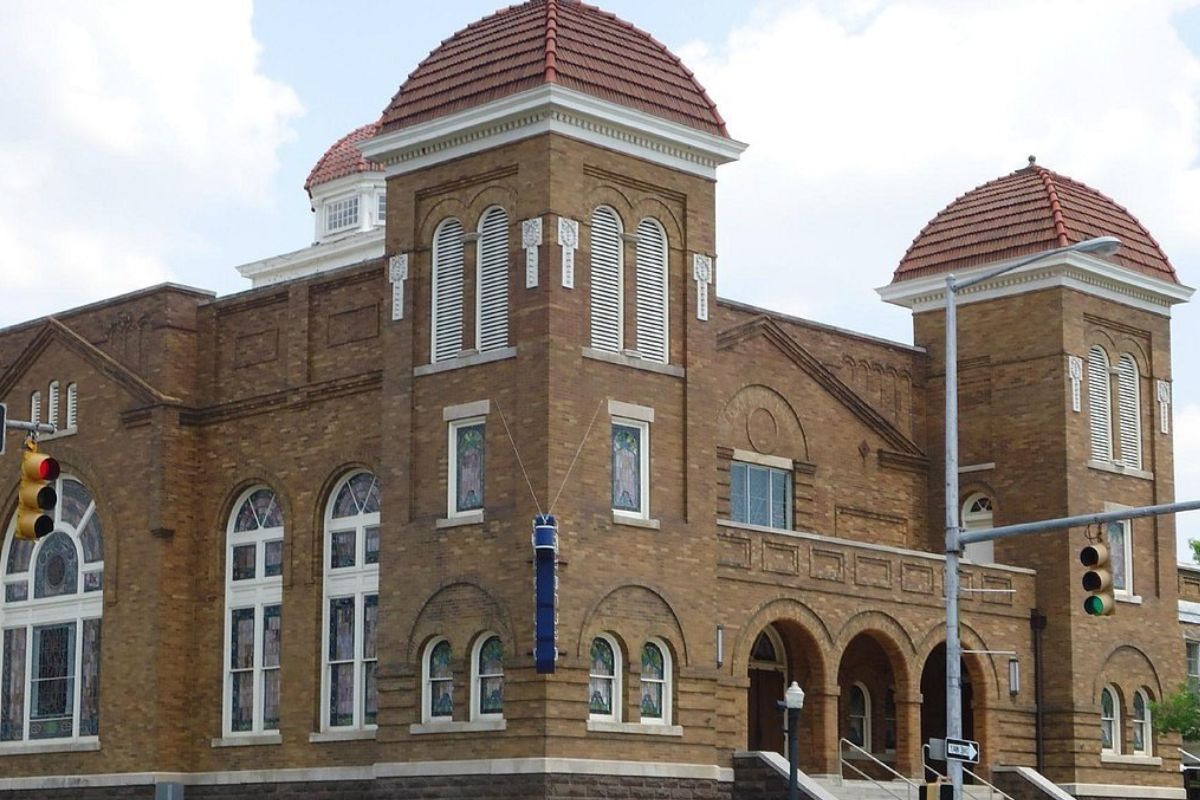Hidden Civil Rights Sites In Alabama You Didn’t Know Existed

Alabama holds a special place in American history, especially during the civil rights movement. While many know about the famous landmarks like the Edmund Pettus Bridge and the Birmingham Civil Rights Institute, there are lesser-known civil rights sites in Alabama that tell powerful stories. These hidden gems offer a deeper understanding of the struggles and triumphs of those who fought for equality. From small churches where pivotal meetings took place to unassuming buildings that housed significant events, these locations provide a unique glimpse into the past. Visiting these sites not only honors the brave individuals who stood up for justice but also educates future generations about their sacrifices. Whether you're a history buff or just curious, exploring these places can be a moving experience. Get ready to uncover the untold stories that shaped a nation.
Discovering Hidden Civil Rights Sites in Alabama
Alabama played a pivotal role in the Civil Rights Movement, with many well-known sites like the Edmund Pettus Bridge and the 16th Street Baptist Church. However, there are lesser-known places that hold significant historical value. These hidden gems offer a deeper understanding of the struggle for equality.
1. The Selma Interpretive Center
Located in Selma, this center provides a comprehensive look at the events surrounding the Selma to Montgomery marches. While many visit the Edmund Pettus Bridge, the Interpretive Center offers a quieter, more reflective experience. It’s a place where stories of courage and resilience come to life through exhibits and personal accounts.
2. The Freedom Riders National Monument
In Anniston, the Freedom Riders National Monument marks the site where a Greyhound bus carrying Freedom Riders was attacked in 1961. This monument honors those who bravely challenged segregation laws. The site includes the former Greyhound bus station and the location where the bus was set on fire, offering a poignant reminder of the struggle for civil rights.
3. The Lowndes County Interpretive Center
Situated along the Selma to Montgomery National Historic Trail, this center tells the story of the marchers who passed through Lowndes County, often facing violence and intimidation. The center highlights the courage of those who fought for voting rights and the establishment of the Lowndes County Freedom Organization, an early independent black political party.
4. The Birmingham Civil Rights Heritage Trail
While Birmingham is known for its civil rights history, the Heritage Trail offers a self-guided tour of lesser-known sites throughout the city. Markers along the trail provide insights into the events and people who played crucial roles in the movement. It’s a chance to walk in the footsteps of history and gain a deeper appreciation for the sacrifices made.
5. The Tuskegee Human & Civil Rights Multicultural Center
This center in Tuskegee focuses on the broader spectrum of civil rights, including the Tuskegee Airmen and the infamous Tuskegee Syphilis Study. It’s a place where visitors can learn about the intersection of race, health, and human rights. The center offers a unique perspective on the ongoing fight for justice and equality.
6. The Scottsboro Boys Museum and Cultural Center
Located in Scottsboro, this museum tells the story of the Scottsboro Boys, nine African American teenagers falsely accused of raping two white women in 1931. Their trials and convictions sparked international outrage and highlighted the racial injustices of the American legal system. The museum serves as a reminder of the importance of due process and equal protection under the law.
7. The Dexter Parsonage Museum
In Montgomery, the Dexter Parsonage Museum was once home to Dr. Martin Luther King Jr. during his time as pastor of the Dexter Avenue Baptist Church. The museum offers a glimpse into King’s life and work during the Montgomery Bus Boycott. Visitors can explore the home and learn about the strategies and sacrifices that fueled the movement for civil rights.
Discovering Alabama's Hidden History
Alabama holds a treasure of hidden civil rights sites that offer a deeper understanding of the past. Visiting these places, like the Freedom Riders Museum in Montgomery or the Dexter Avenue King Memorial Baptist Church, lets you connect with the stories of those who fought for equality. Each site tells a unique story, adding layers to the rich tapestry of the civil rights movement. These lesser-known locations provide a chance to reflect on the struggles and triumphs that shaped the nation. Exploring them not only honors the legacy of those who came before but also inspires future generations to continue the fight for justice. Next time you're in Alabama, take a moment to visit these hidden gems. You'll gain a new perspective on history and a deeper appreciation for the courage and resilience of those who paved the way for change.

